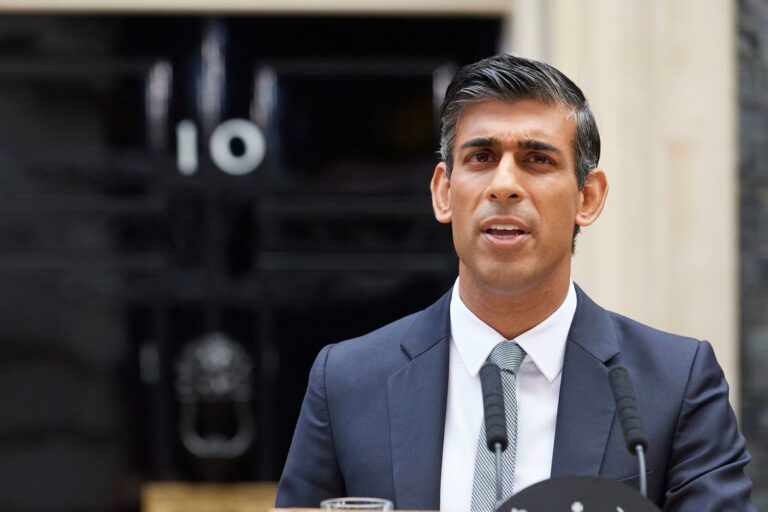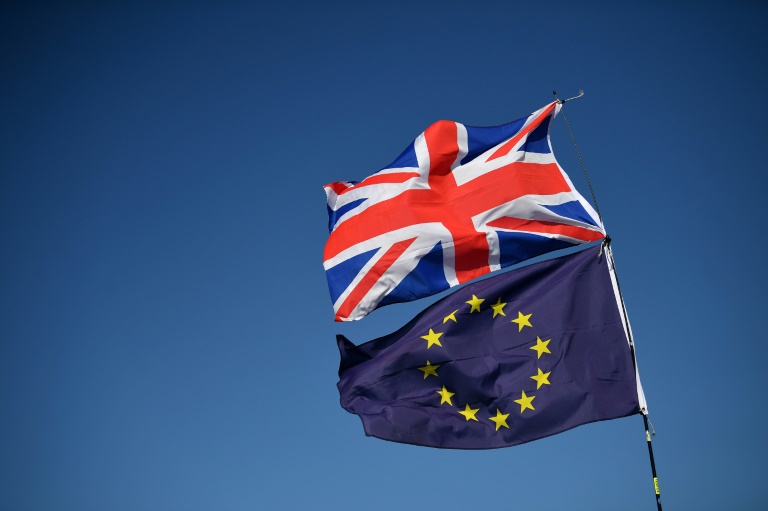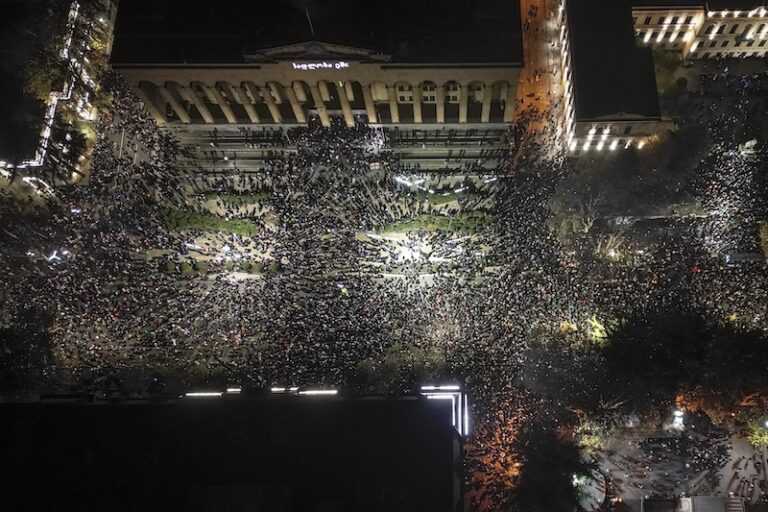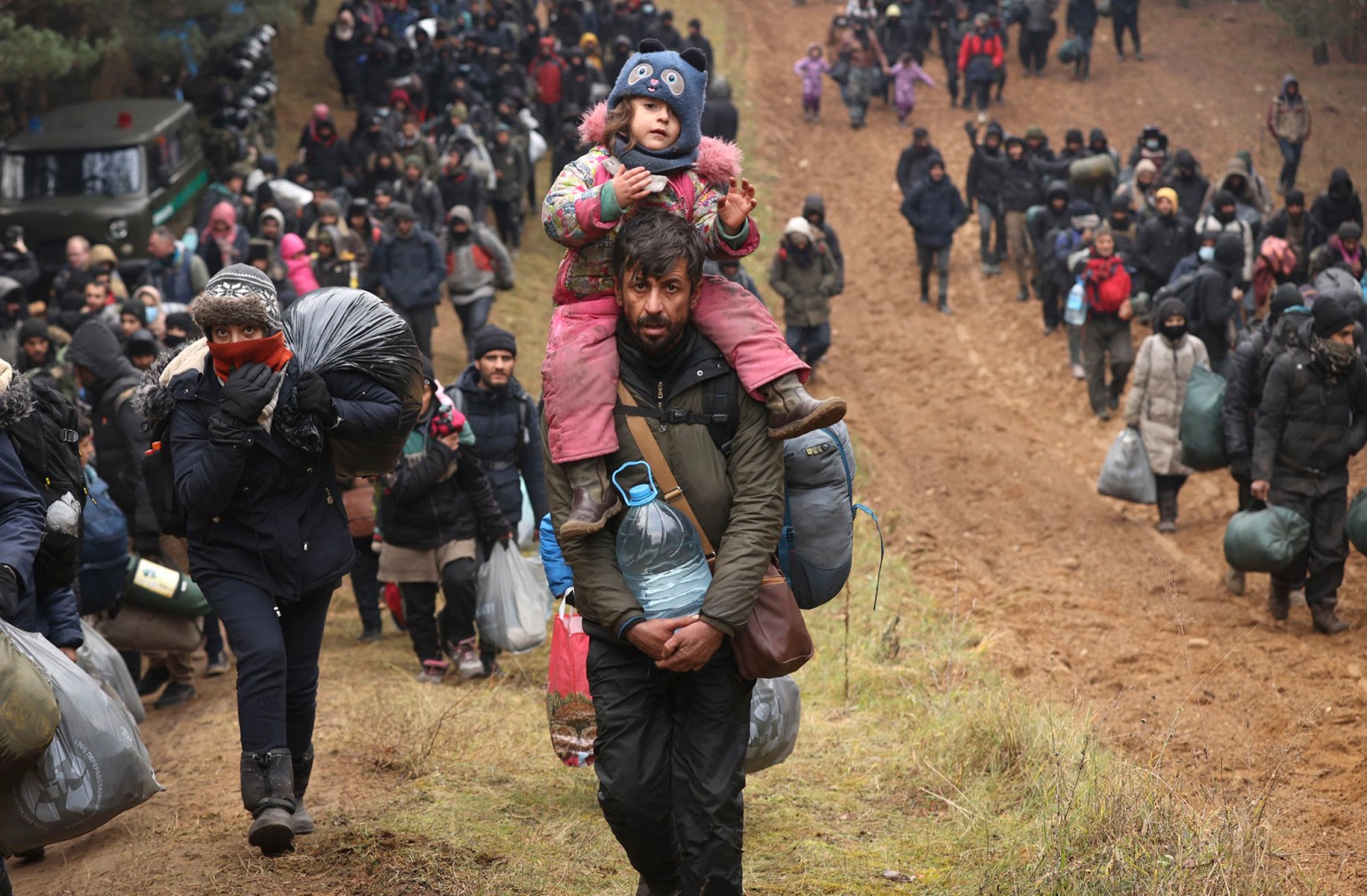
The European Union’s (EU) Eastern border is under incredible strain as thousands of migrants seek entrance into Poland from Belarus. Most migratory crises are a result of a series of domestic issues like the Syrian Civil War or the Rwandan Genocide. However, the situation in Poland is not an unfortunate side effect of large-scale domestic crises. Instead, it was artificially orchestrated by the President of Belarus, Alexander Lukashenko.
What has become an international migration crisis started as the 2020 Belarussian Election. The incumbent, Alexander Lukashenko, has been the President of Belarus since 1994 when he won his first and last democratic election. In quick fashion, Lukashenko seized the law enforcement, media, and democratic institutions. He rapidly became Belarus’ dictator with sham elections held every four years. People voted but everyone knew the result months in advance.
However, in 2020 everything changed. The Belarussian people decided enough is enough and took to the streets all around the country. The protests lasted for weeks. Ultimately the movement failed as the economic and military elites sided with Lukashenko, people grew tired of police pressure, and attendance slowly faltered. Lukashenko instituted intense crackdowns. High-profile opposition members were arrested and demonstrations were dispersed.
Some of the opposition politicians and their families moved quickly enough to escape Belarus in time. The majority of them went to Poland. Since Poland is a member of the EU and NATO, there they could lobby the free world to support their cause.
Poland happily hosted Belarus’ opposition. Belarus boasts a sizable Polish minority that has experienced multiple human rights abuses under Lukashenko, and Polish politicians feel uneasy with such an authoritarian country on their border.
Lukashenko demanded the opposition and their families be sent back to Belarus to be tried. Naturally, Poland refused. So Belarussian authorities decided to implement a new strategy: They took Middle Eastern migrants in camps and refugee caravans, transported them to Belarus, armed them with wire cutters, saws, crowbars, and other tools, and released them to the no man’s land between Poland and Belarus.
Lukashenko had released hundreds of thousands of migrants into the borderlands of Poland and the EU. With COVID and economic recession remaining big problems in Europe, countries cannot take more mouths to feed. European unemployment continues to rise while social safety nets are strained more and more. Europe is not in a position to accept the refugees, especially given their unexpected nature and number.
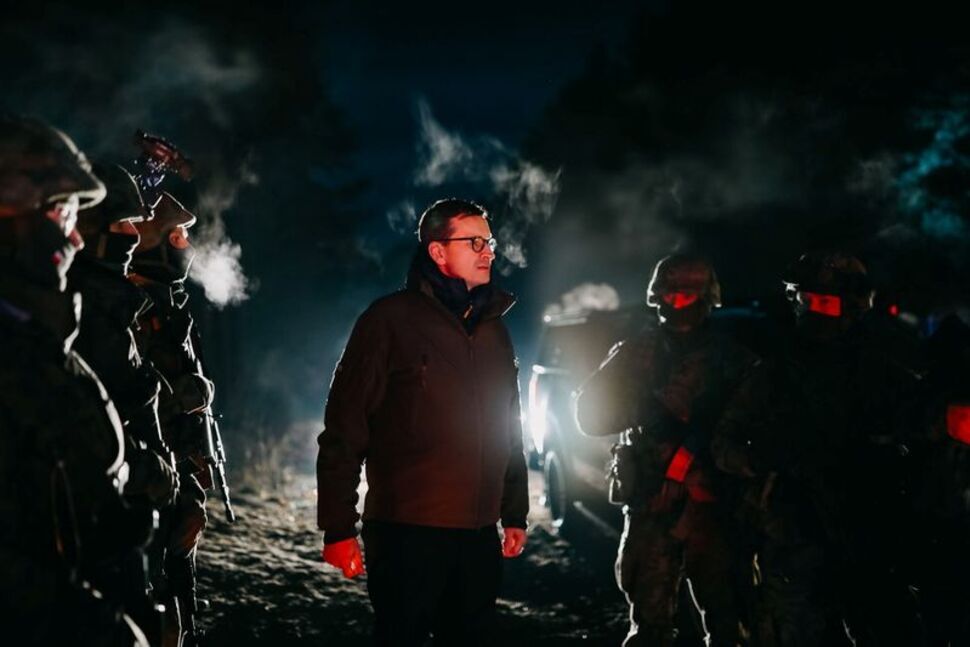
The two countries’ borderlands are now full of hopeless migrants, unable to go back East and unable to progress towards Europe. People are starving, dying, and desperate. Lukashenko has sacrificed the livelihoods of thousands of people in an attempt to negotiate the return and ultimately, elimination of his opposition.
Given a threat of such magnitude on its own border, and the border of one of its biggest states, one would expect the European Union to be heavily involved in the conflict. However, the European Union has failed to show up, at all. Schools teach about the power of the European Union and how it can exercise its influence throughout the world. But in reality, the European Union has devolved to be weak and fragile. Nothing shows this weakness more than the current crisis.
This situation makes it undeniably clear that the European Union is weak and unable to perform its integral duties. Even before COVID, the EU had devolved into slow inefficiency. The adoption of the Euro, a united European currency, should have made the EU stronger. Instead, this strategy went out of control. Now the EU is weak in value and has contributed to multiple local recessions. During the migration crisis of the 2010s, the EU had no united strategy to deal with the crisis either, leaving it disunited and weakened. Eastern European countries like Hungary and Poland have begun to build relations with Russia and China, while France and Germany refuse to work with them. The United Kingdom left the group entirely. There is no diplomatic unity in the region. The EU has failed to deal with crisis after crisis, leaving individual countries, international economic funds, and non-governmental organizations to deal with them instead.
Given the dire situation on its borderlands, the EU should be collecting all the possible resources it has and commit itself to action. Poland has not allowed independent aid groups and organizations into the borderlands for fear of human trafficking and foreign influence. They do not have enough manpower to police the border and the organizations working there. However, if the Union deployed enough manpower to reinforce Polish guards, Poland could let much-needed help into the region. Poland should be receiving the necessary monetary aid to protect its borders, which also happen to be the borders of the whole Union. European Union bureaucracies have created networks of engineers, scientists, and statisticians. All these connections should be deployed on the ground, helping make the border stable. NGOs and EU-sponsored charities should be collecting money and resources to supply to those suffering between the borders, alleviating as much suffering as possible. In one skirmish, Poland reluctantly used rubber bullets on the incoming migrants. While not lethal, the Union’s medical agency should be there providing medical aid to these people at once. The European Union was established for problems like this. Yet they have left Poland to fend for themselves.
The United Kingdom and the United States have both already sent help to the Polish border guard. Both have provided more aid than the EU, showing how splintered European diplomacy has become. The fact that non-EU allies are involved in the crisis more than them is a recipe for more dissatisfaction and more Brexits.
The European Union is a vital institution, helping to unite Europe when it is under critical threat. However, it is time for the EU to acknowledge its recent weakness. European cooperation is a great ideal, but the current EU organization is, unfortunately, a useless money-swallowing bureaucracy. If EU institutions do not begin large-scale reform that allows them to properly and promptly provide aid, soon a crisis like the one in Poland will be the death of European supranational cooperation.

